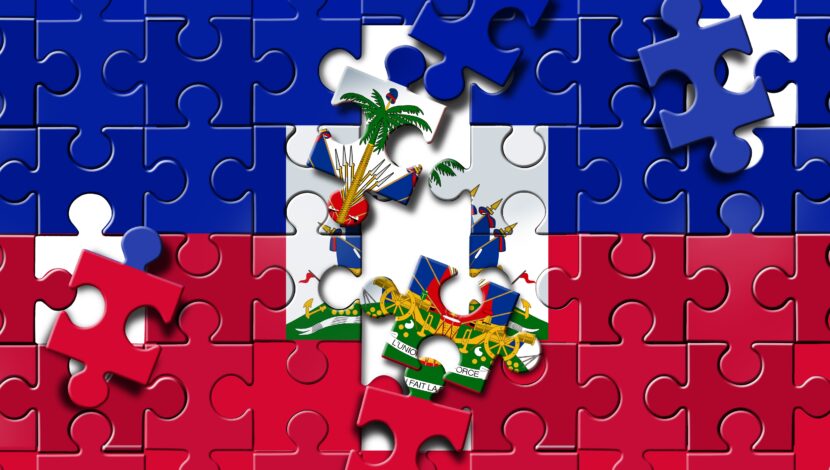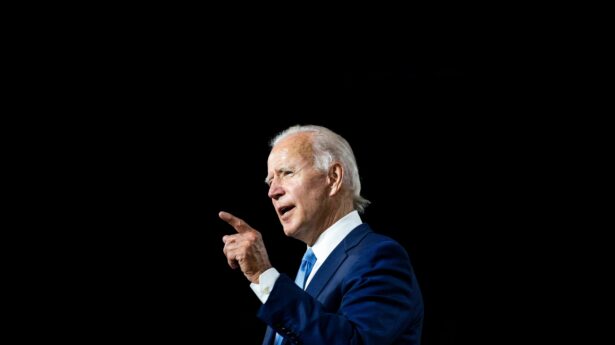The Unitarian Universalist Service Committee advances human rights through grassroots collaborations.
Crisis and Opportunity in Haiti

By Josh Leach on March 25, 2024
Recent reports out of Haiti portray a society in a state of collapse. Criminal gangs—more accurately described as paramilitary groups—have hijacked large parts of the country, inflicting terror on ordinary civilians with impunity. The chaos has ground most aspects of Haitian life to a halt, including the nation’s economy and government. As the movement of basic goods into Haiti slows to a trickle, extreme hunger throughout the country is rising.
Ordinary Haitians are desperate. And the country’s officials seem so ill-equipped to help them, that their nominal leader was forced to announce his resignation from outside the country. (Soon-to-be-former Prime Minister Ariel Henry has been stranded for weeks in Puerto Rico, because the gangs would not allow him to return.)
Faced with such tragedy, many international observers seem to conclude that Haiti must be unable to manage its own affairs, and that outside intervention is needed; but this is precisely the wrong conclusion to draw. In reality, the chaos of Ariel Henry’s reign underlines the dangers of wealthy governments interfering in Haiti’s politics. It thus highlights the urgency of supporting a truly Haitian-led solution to the crisis.
Ariel Henry came to power in Haiti not through the democratic process, after all, but through the intervention of the U.S. and other wealthy countries. After the previous head of state, Jovenel Moïse, was assassinated, Henry claimed power as the departed leader’s personally-chosen successor. The U.S. and other wealthy powers cemented his rule, claiming that he would bring stability and prepare a transition to democracy.
Despite promises to the contrary, Henry never held the democratic elections that he was supposed to superintend. Instead, he assumed increasingly dictatorial powers. Meanwhile, the security situation in the country only worsened. Even though the U.S. backed him on the premise that he would restore order, Henry in fact oversaw the breakdown of Haitian society and the rise of the gangs and violence that are plaguing the country today.
Our partners in Haiti consistently warned that Henry’s descent into authoritarianism would not solve the country’s security problems. They organized a commission to prepare an alternative approach, embodied in the Montana Accord—a comprehensive plan for a democratic transition that would include Haiti’s robust civil society.
Instead of following these recommendations, though, the U.S. largely defaulted to the familiar pattern of backing an unelected strongman and calling for military intervention from abroad. Now that Henry is stepping down, however—in part under U.S. pressure—there is real hope that the U.S. government might change course. It’s time to try our partners’ approach instead.
As much as the situation unfolding in Haiti is a crisis, therefore, it is also an opportunity. Henry’s resignation offers a historic chance for the international community to support a truly Haitian-led solution, instead of relying on outside interference. This does not mean they should turn their backs on Haiti; far from it. It just means they should direct their support to Haiti’s own grassroots civil society—rather than assuming that they know better than the people closest to the crisis.
For years now, our partners have said that this is the time for a Haitian-led solution. In the face of the country’s present troubles, we reaffirm their call today. It is more needed now than ever. If you would like to support a Haitian-led solution to the crisis, UUSC is partnering with grassroots groups on the ground. Click here to donate to our emergency response fund for Haiti. These funds will not only resource those groups, but also the solutions they develop and their work to realize those solutions in real-time.
Image Credit: Shutterstock: Lightspring

